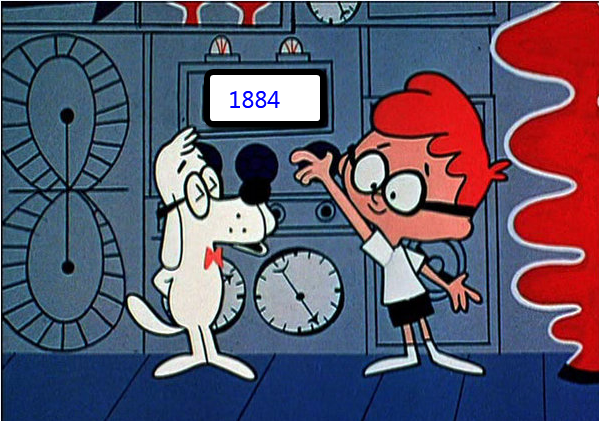“The Biden Communion stories are stupid,” proclaims the headline atop a Religion News Service column by Father Thomas J. Reese.
The opinion by Reese, a Jesuit priest and RNS senior analyst, follows a flurry of news reports — which we first mentioned last week — about whether the nation’s second Catholic president might be denied Communion because of his support for abortion rights.
“This is a stupid story for canonical, theological and political reasons,” Reese writes. “First, and foremost, the U.S. Conference of Catholic Bishops does not have the canonical authority to tell (President Joe) Biden that he cannot go to Communion.”
For insight on the canonical, theological and political issues, I’d highly recommend Reese’s column. As for his claim that the news stories are stupid, I’d respectfully disagree. From a journalistic perspective, they are, in fact, highly newsworthy.
Even if much of the coverage could be better, as Clemente Lisi explained here at GetReligion, with the essay then appearing at Religion Unplugged. A key topic being avoided? The role of fallen cardinal Theodore “Uncle Ted” McCarrick in developing the awkward compromise currently in effect here in America.
Another helpful read at Religion Unplugged: Stephen P. Millies, an associate professor of public theology at Catholic Theological Union in Chicago, dissects the power struggle behind the U.S. bishops’ move.
Among this week’s related headlines:
• Pelosi’s archbishop says prominent Catholics who support abortion rights should be denied Communion (by Reis Thebault, Washington Post)
• How faith groups feel after Biden’s first 100 days (by Kelsey Dallas, Deseret News)
• New bishop of Biden’s hometown mum on Communion question (by Nicole Winfield and Luis Andres Henao, Associated Press)
• Catholic bishops who want to deny Biden Communion may have to reckon with the pope (by Jack Jenkins and Claire Giangravé, RNS)










